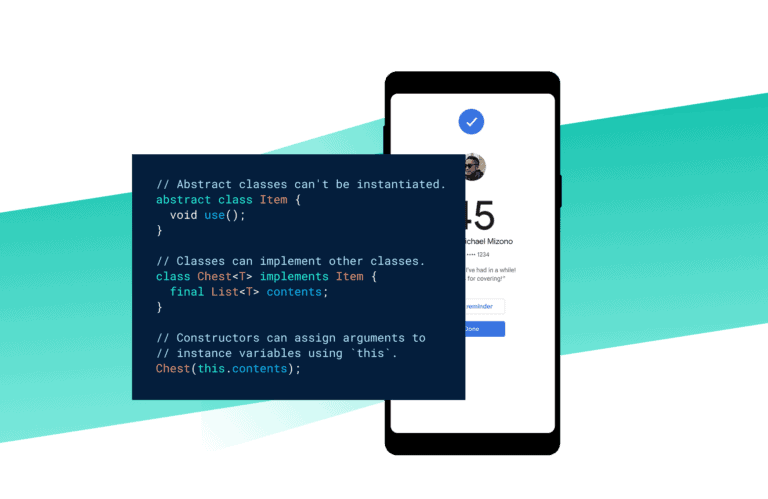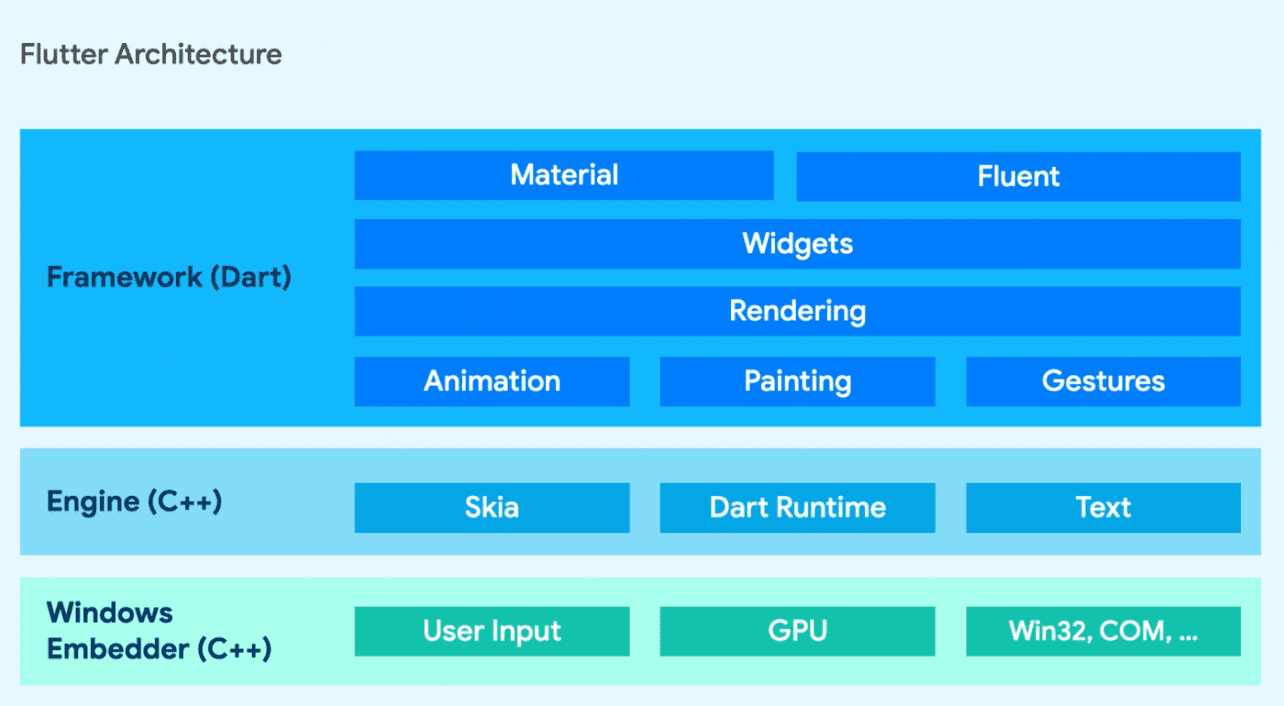Google updated Flutter with Windows compatibility. As a result, virtually all operating systems are supported.
Flutter allows developers to easily design user interfaces for web and mobile applications. The tool requires a single codebase, meaning that developers only need to design their applications once for every operating system. Supported systems include Android, iOS and web-based environments.
Now, Windows joins the ranks. Flutter 2.10 adapts to the operating system. The C++ engine has been modified to handle runtime management and system events. This functionality allows Flutter to communicate with Windows on a native level and thereby direct Windows to design user interfaces.
The latter functionality helps to adapt Windows applications for mobile environments, among others. According to Google, Flutter’s support of Windows is a big step for the open source tool and its community.
Windows Store, MongoDB and Rive
Flutter now allows devs to publish their apps to the Windows Store. This will hopefully allow some to gain a large number of new end users.
Furthermore, the update ensures that Flutter’s entire ecosystem of tools is compatible with Windows. This includes FlutterFlow (a low-code design tool for Flutter), MongoDB Realm (local data store) and Rive (GFX). Lastly, Syncfusion (a Flutter widget developer) has updated its tooling to support Windows.

